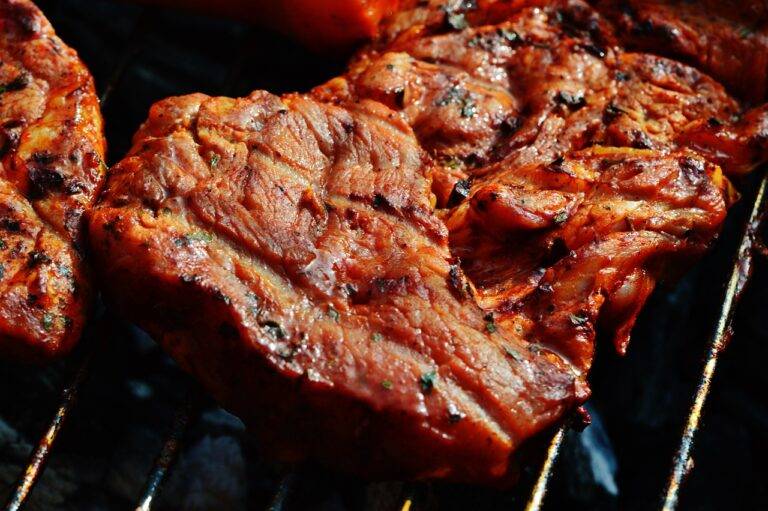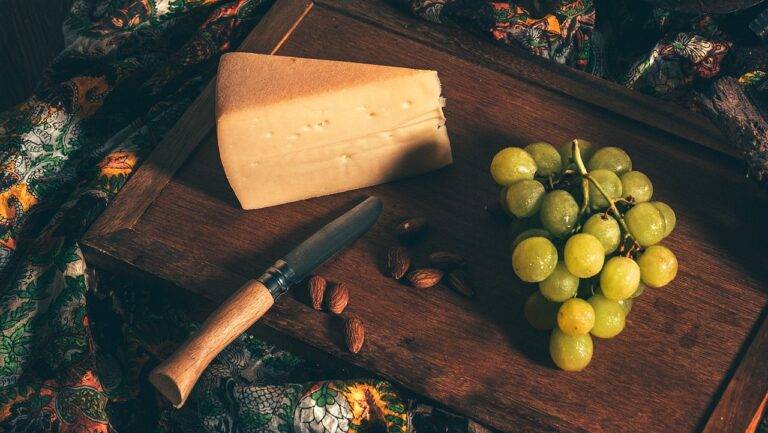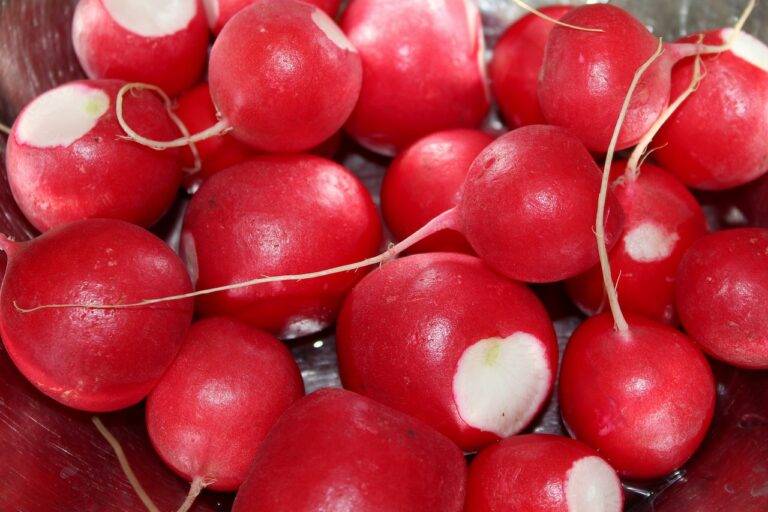The Power of Spices: Flavor, Health, and Culture
Incorporating spices into your diet can enhance the flavor profile of your meals. Spices add depth and complexity to dishes, elevating the overall taste experience. By introducing a variety of spices into your cooking, you can create unique and delicious flavor combinations that will keep your taste buds satisfied.
Additionally, spices are known for their potential health benefits. Many spices have antioxidant properties that can help protect your cells from damage caused by free radicals. Some spices also have anti-inflammatory properties, which can aid in reducing inflammation in the body and supporting overall wellness. Adding a sprinkle of spices to your meals not only boosts the taste but also provides a potential health boost.
Exploring the Historical Significance of Spices
Spices have played a crucial role in human history for thousands of years. Across different cultures and civilizations, spices have been highly valued not only for their ability to enhance the flavor of food but also for their medicinal properties. The trade of spices along ancient spice routes contributed to the rise of empires, spurred exploration, and shaped global trade networks.
The historical significance of spices can be seen in how they were used as currency, diplomatic gifts, and symbols of power. In ancient times, spices were considered luxury items reserved for the elites and were often used in religious ceremonies and rituals. The demand for spices led to the opening of trade routes between the East and West, resulting in the exchange of not just goods but also ideas and cultures.
Why should I incorporate spices into my diet?
Spices not only add flavor to your dishes, but they also come with a variety of health benefits. They can help improve digestion, boost metabolism, and have antioxidant properties.
What are some common spices with historical significance?
Some common spices with historical significance include cinnamon, pepper, cloves, and nutmeg. These spices were highly prized in ancient civilizations and played a significant role in trade and culinary practices.
How have spices influenced different cultures throughout history?
Spices have played a crucial role in shaping the culinary traditions of different cultures around the world. They have been used for seasoning, preserving food, and even as medicine in various ancient civilizations.
Can spices have a cultural significance as well?
Yes, spices often have cultural significance and are deeply intertwined with the traditions and rituals of different cultures. For example, saffron is highly valued in Indian cuisine and is often used in religious ceremonies.
How can I incorporate more spices into my diet?
You can incorporate more spices into your diet by experimenting with different spice blends, trying out new recipes, and incorporating spices into your everyday cooking. Start by adding small amounts of spices to your dishes and adjust according to your taste preferences.





